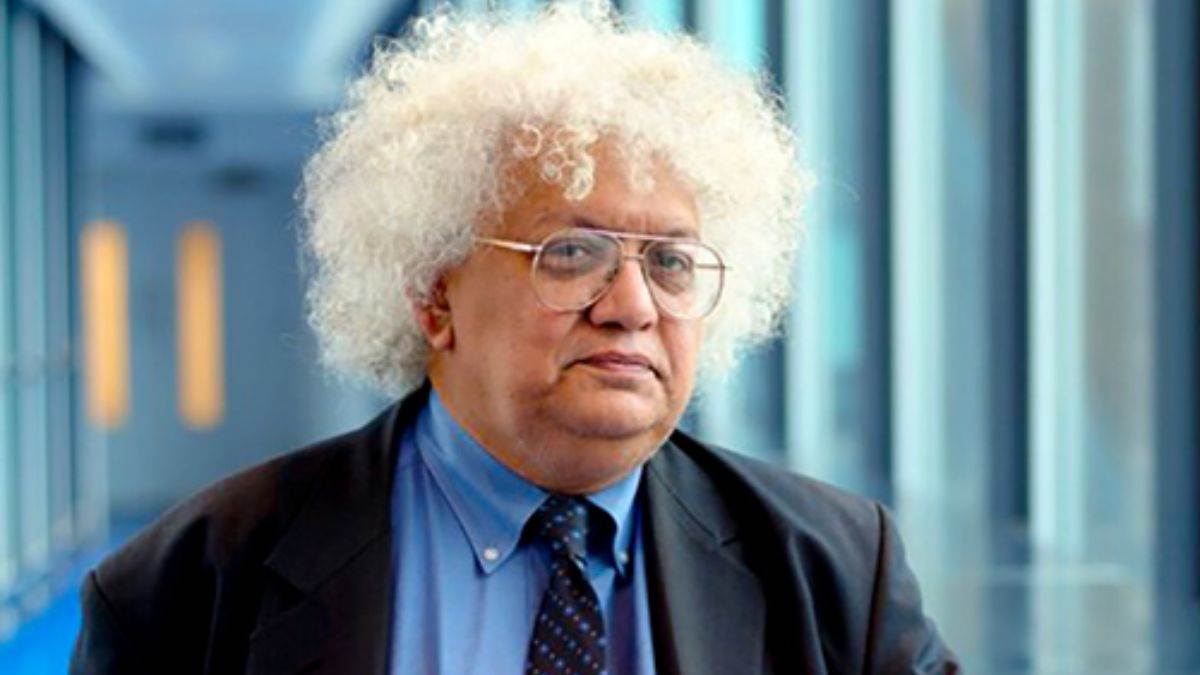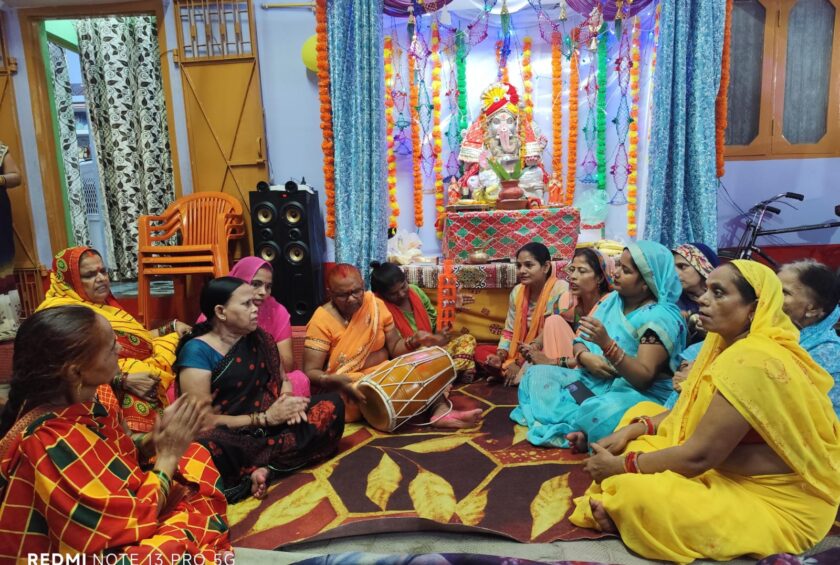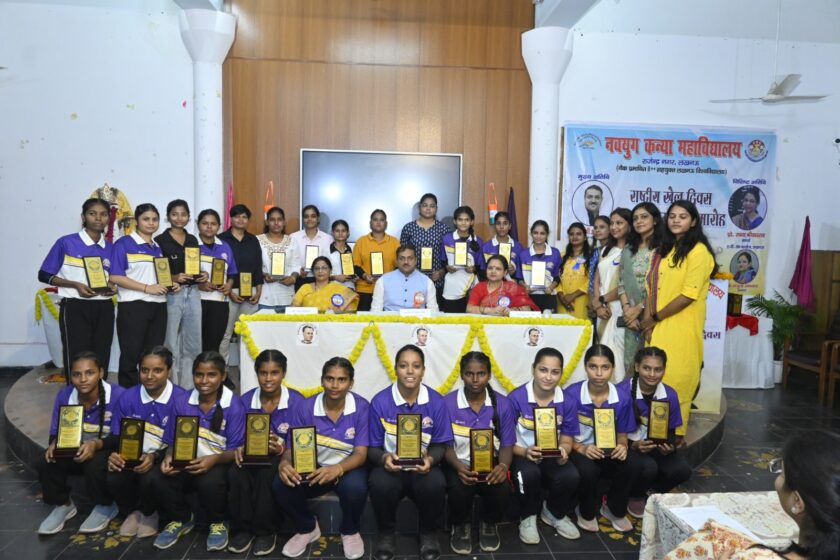Gurugram: In the early hours of July 29, 2025, India lost a son of the soil, Britain lost a voice of reason, and the world lost one of its fiercest intellectuals. Lord Meghnad Jagdishchandra Desai — economist, parliamentarian, cultural critic, and above all, an unapologetic truth-teller — passed away in Gurugram at the age of 85. Yet even in death, Desai remains larger than life, a man whose thoughts knew no borders and whose words echoed from university lecture halls to the chambers of Westminster.
Born in 1940 in the princely town of Vadodara, Meghnad Desai was no ordinary child. He cleared his matriculation at 14 — a sign, perhaps, that brilliance wasn’t just part of his destiny, it was his compass. From the classrooms of the University of Mumbai to the intellectual crucibles of the University of Pennsylvania and the London School of Economics, Desai carved out a career that would span six decades, dozens of countries, and infinite ideas.
But this is not just the story of an academic.

This is the story of a man who refused to be boxed in — not by ideology, geography, or expectation. At LSE, where he taught for nearly 40 years, he was both feared and loved for his sharp intellect and sharper questions. He challenged conventional development theories, dissected Marx with the curiosity of a surgeon and the flair of a poet, and embraced globalization not as a doctrine but as a living, evolving conversation.
His writings, over 20 books and 200 articles strong, were never meant for ivory towers. “Marx’s Revenge,” his most cited work, was a bold endorsement of free-market capitalism from someone who understood Marx better than most Marxists. And then came “Nehru’s Hero,” his unexpected love letter to Indian cinema through the lens of Dilip Kumar — an ode to a country he never really left, even if his address read London.
In 1991, he entered the House of Lords as the first Indian-origin peer of modern times. But he didn’t just occupy a seat — he made it count. He spoke up on India-UK relations, on global development, and against injustice wherever he saw it. In 2020, disillusioned by the Labour Party’s response to antisemitism, he resigned — a quiet act of rebellion from a man never afraid to walk alone.

Yet, it wasn’t all economics and politics. Lord Desai was deeply human. He loved Bollywood — not in passing, but with obsession. Dilip Kumar wasn’t just a film icon to him; he was a symbol of India’s post-independence psyche. He laughed heartily, debated passionately, and mentored generously. At the Meghnad Desai Academy of Economics in Mumbai, he continued to ignite young minds, making sure his legacy was not just remembered, but relived.
He was also a man of paradoxes — a Marxist who admired capitalism, an atheist who adored Gandhi, a British Lord who remained unmistakably Hindustani. He believed in ideas, not labels.
His passing has left a vacuum that feels both personal and planetary. Prime Minister Narendra Modi called him a “distinguished thinker” who deepened India-UK ties. His wife, Lady Kishwar Desai, described him poignantly as her “rockstar husband.” And peers like Lord Karan Bilimoria have called him an “icon of Indo-British understanding.”
But perhaps, the most fitting tribute comes from his own words. “Phir bhi dil hai Hindustani,” he once said with a smile. And that was Lord Desai — rooted in India, branched out into the world, and always in bloom.
Om Shanti, Lord Desai. Your voice may be gone, but your ideas will never be silenced.





